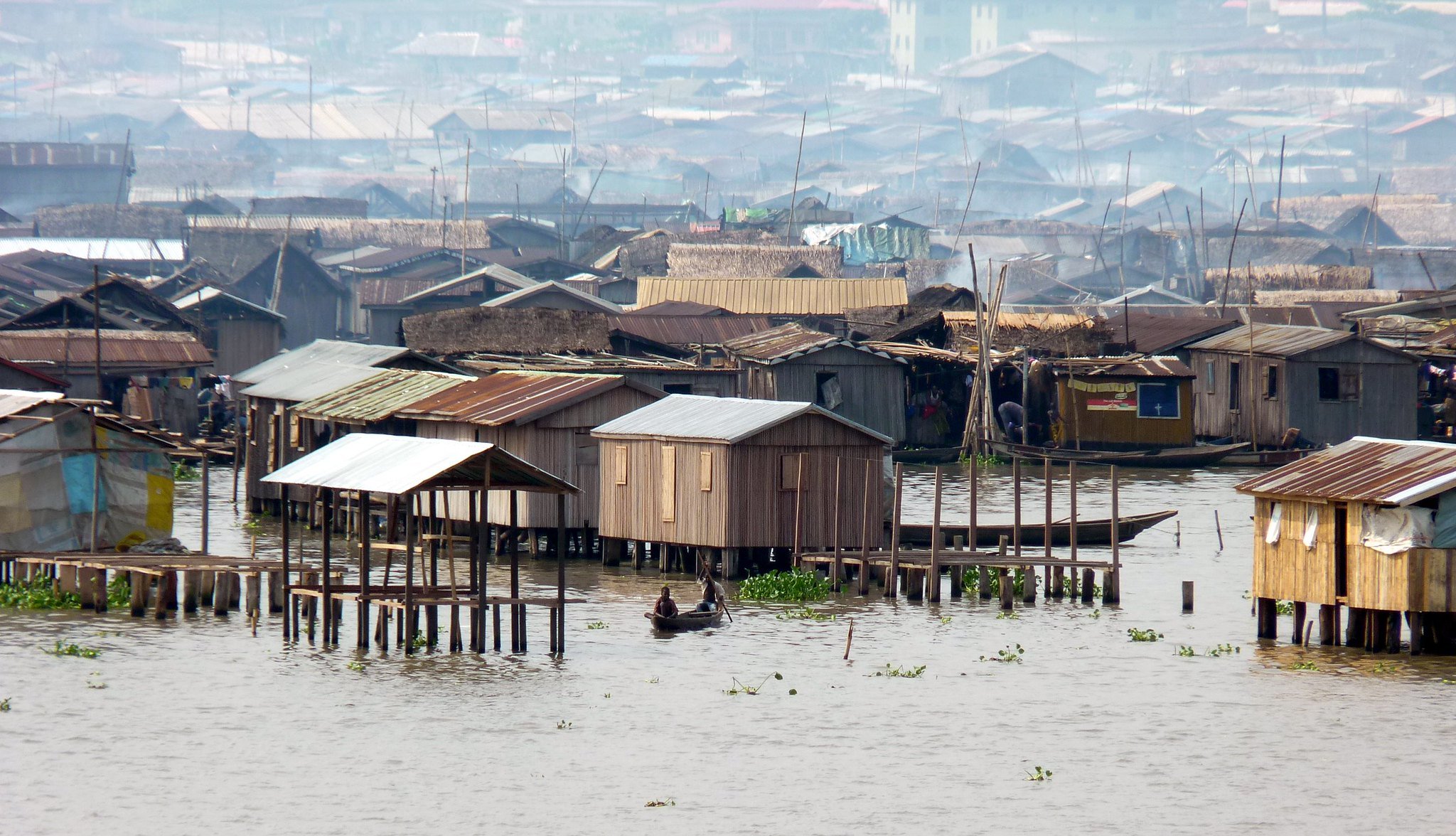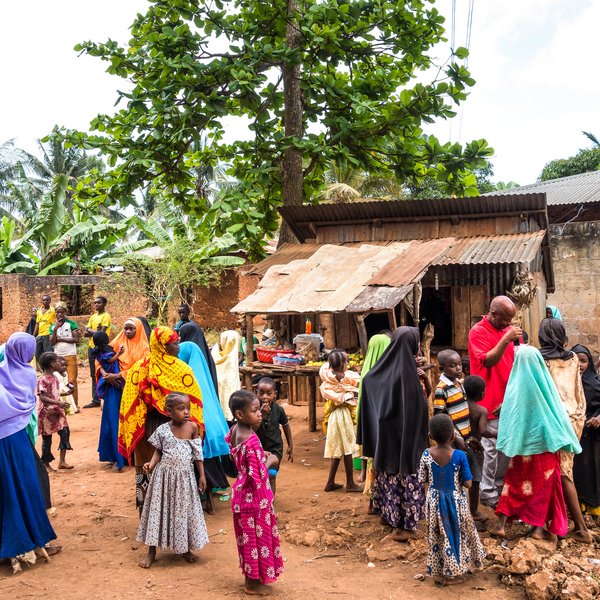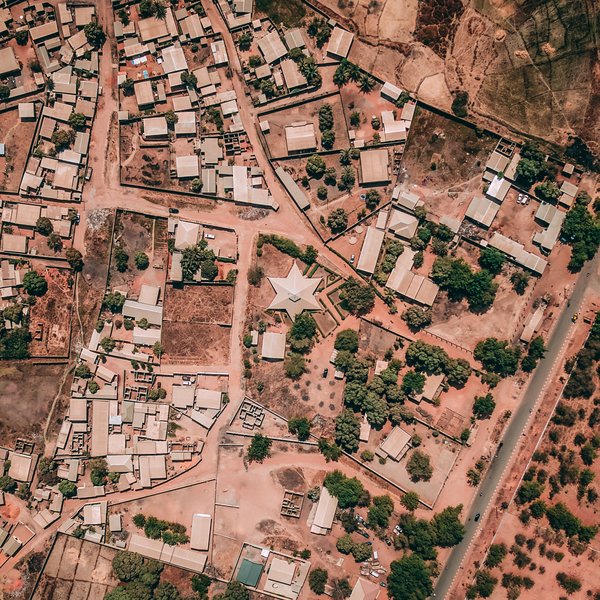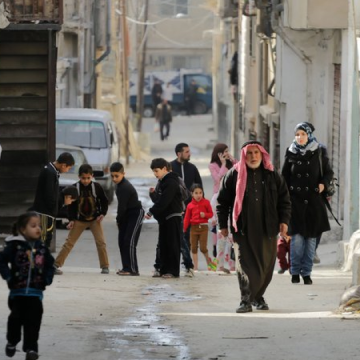The findings from the Lagos deep dive are part of a detailed study under Prindex's broader research framework on land tenure security in Nigeria. This research utilized a mixed-methods approach, incorporating data from 70 interviews representing a sample of 3,032 households in Lagos. It included discussions with communal leaders and gender-focused groups to deeply explore tenure security issues in Africa's most populous country.
The study aimed to fill gaps often present in national-level data by examining micro-level dynamics that influence tenure insecurity among low-income and marginalized populations in urban settings like Lagos. This involved investigating correlations between spatial characteristics, socio-economic factors, and the "right to the city" framework, which collectively impact perceptions of land security.
Key Findings
- Access to secure housing over land ownership
Lower-income households in Lagos prioritize secure housing and social protection over formal land ownership. The study reveals that for these communities, stability is not about owning land but about ensuring access to housing and basic services. Policies aimed at enhancing tenure security must therefore consider broader urban challenges such as affordable housing, social safety nets, and access to essential services. - Barriers in formal land regularization
Official processes for land regularization in Lagos are characterized by high costs, complex procedures, and limited accessibility, making them unsuitable for many urban poor. These barriers force people to resort to informal land markets, where most land is acquired through customary transactions with traditional landholding families. The dual existence of formal and informal markets reflects the reality that informal pathways are often more viable for securing tenure among lower-income groups. - Fragmented slum management policies
Slums are primarily managed by the Lagos State Urban Renewal Agency, with a focus on statutory responsibilities rather than holistic, development-driven approaches. This results in different agencies working at cross purposes and hampers coordinated efforts to address tenure insecurity comprehensively. A multisectoral approach is necessary to tackle the complex needs of slum dwellers effectively. - Frequent evictions and livelihood vulnerability
Repeated evictions worsen poverty by continuously displacing communities and disrupting livelihoods. As the frequency of evictions increases, so does the economic and social vulnerability of affected households, who face the repeated challenge of starting over from scratch. - Role of social networks in accessing land and housing
Kinship ties, NGOs, and faith-based organizations serve as informal safety nets, facilitating access to land and housing in the absence of adequate formal systems. These networks are essential for navigating the complexities of land tenure in Lagos, especially for marginalized groups who cannot rely on formal mechanisms. - Resource pooling and basic services
Finding 6 from the original document emphasizes that land tenure insecurity affects communities' ability to pool resources for providing basic services, such as water, sanitation, and roads. The uncertainty around land rights discourages collective investments and infrastructure development, undermining community resilience and quality of life. - Gender inequality in land ownership
Women face significant obstacles in claiming land due to cultural practices related to inheritance and marriage, which often limit their property rights. Addressing these gender disparities requires policies that recognize women's equal rights to land under both customary and formal systems.
Implications for urban policy
The findings highlight the need for policies that address the realities of urban tenure insecurity holistically. Recommendations include:
- Affordable land regularization: Streamlining processes and reducing costs to make formal land channels accessible for lower-income groups.
- Coordinated slum management: Developing integrated, multisectoral approaches that recognise slum areas as developmental priorities rather than merely regulatory issues.
- Recognition of informal practices: Bridging the gap between formal and informal land markets by incorporating customary practices into official frameworks.
- Strengthening social safety nets: Supporting community-driven initiatives and social networks that help people navigate land access and tenure challenges.
- Gender-inclusive policies: Implementing reforms that secure women’s land rights under both customary and statutory legal systems.



